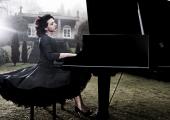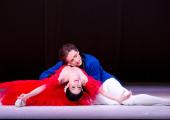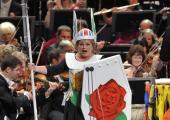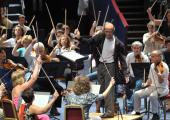Maurizio Pollini, Royal Festival Hall
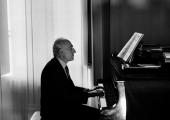
The veteran is close to his best performing Chopin and Liszt on his trusty Steinway
Their bicentennial years may have been and gone, but even Mazeppa’s wild horse wouldn’t be able to stop the world’s top pianists playing Chopin and Liszt almost every month. Last night Maurizio Pollini and his aristocratic art returned to the Royal Festival Hall for a recital featuring both composers, each on either side of the interval. Pollini also brought his Steinway-Fabbrini touring piano – a Steinway from the Hamburg factory, titivated inside with extra refinements by the piano technician Angelo Fabbrini.

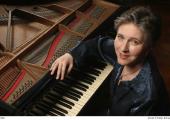
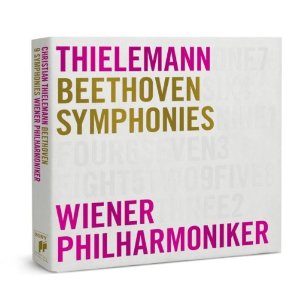 Beethoven: The Nine Symphonies Vienna Philharmonic/Christian Thielemann (Sony)
Beethoven: The Nine Symphonies Vienna Philharmonic/Christian Thielemann (Sony)

